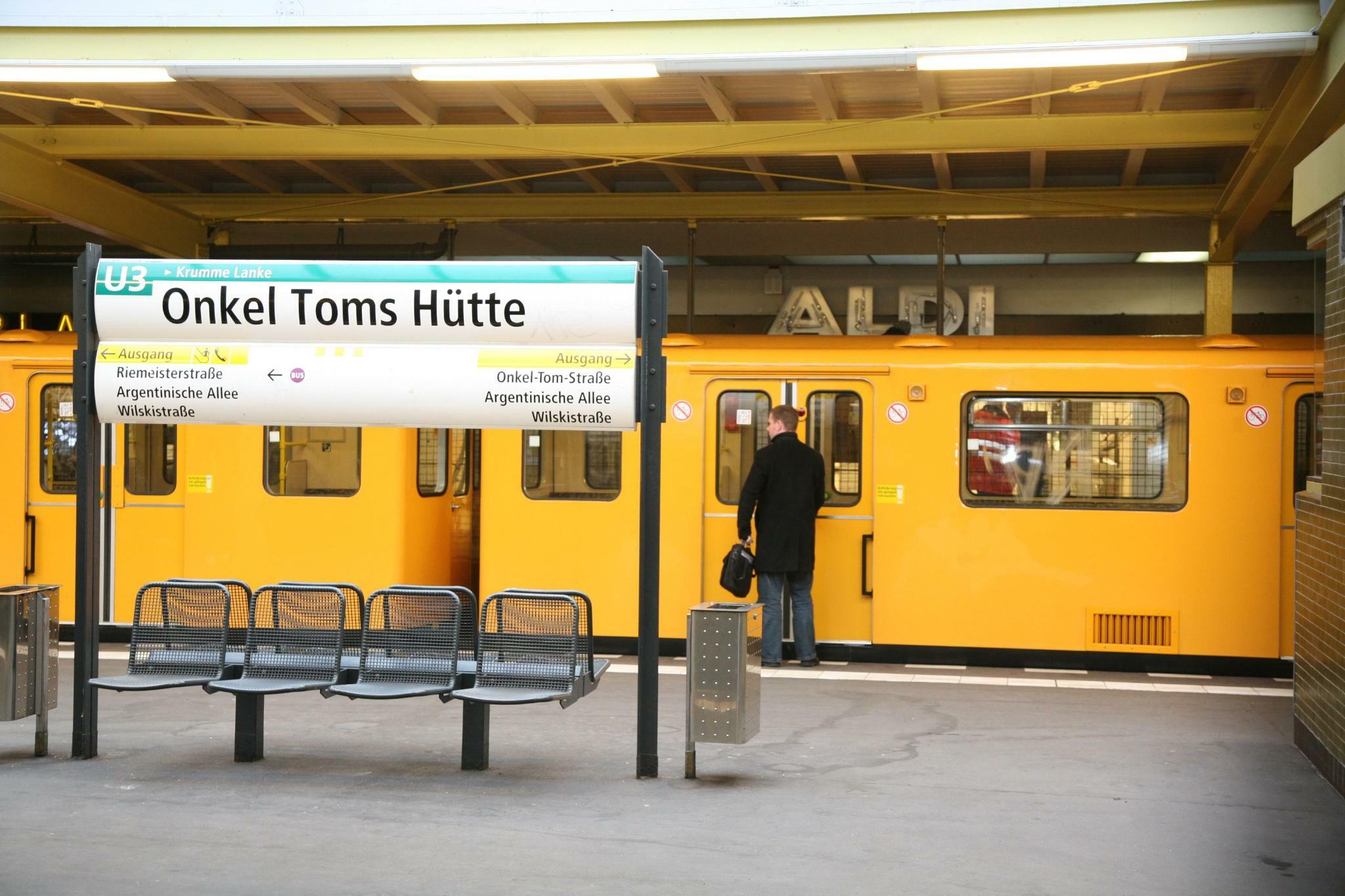Much of our public discourse about societal problems revolves around mind-boggling numbers: tons of carbon dioxide released into the atmosphere; acres of topsoil washed away; millions of lives lost or impoverished due to historic and ongoing racial injustice; trillions of dollars of debt; thousands of daily COVID-19 deaths. When the problems are quantified in these ways, moral agency and responsibility become attenuated, and the responses we can most easily imagine are variants of either resigned pessimism or gleeful optimism. The pessimist figures there’s nothing I can do in the face of such huge problems, so I might as well distract myself with doomscrolling or, at most, find some insignificant gesture to make myself feel a bit better—maybe dumping ice water on my head to raise money for ALS or posting another story on Facebook about the dangers of the coronavirus. The optimist agrees that there’s nothing an individual can do, but places confidence in big solutions, usually political or technological. Neither the pessimist nor the optimist can imagine any meaningful action in the face of massive societal problems.
Framing our problems in terms of vast quantities encourages us to ground whatever hope we can muster in solutions large enough to put a dent in global problems. Conveniently, such framing also absolves us of individual responsibility; if the problems are so big I can’t do anything about them, I don’t have to change my life. In fact, not only can I not do anything about these problems, but I don’t even need to do anything about them—the politicians and technocrats will fix them for me. On this optimistic view, the millennial kingdom is just around the corner. And for those who don’t have faith in a government run by their preferred political party or in the scientists and experts working on these challenges, then apocalyptic devastation seems unavoidable. The optimist and the pessimist occupy two sides of the same coin: quantified discourse shuttles between utopia and apocalypse, but proponents of both agree that the scale is so vast no individual action matters—our future is determined, and it’s just a question of whether we’re determined to live in a Silicon Valley paradise or to go up in smoke.
The Kentucky farmer and essayist Wendell Berry seeks a third way, the way of hope. For Berry, good work is worth doing regardless of whether it will fix our global problems. By grounding ultimate hope in a given redemption, he is freed to do good work without having the impossible pressure of fixing global problems. So while some of the many technological and political ideas bandied about are worth pursuing, such solutions are a poor foundation for hope because they will inevitably disappoint us: no technology can make us live forever, and no political system can make us live in harmony with one another. If global efficacy is the standard of our work, then most of us have no good work to do. As Berry writes in regard to environmental challenges, “If we think the future damage of climate change to the environment is a big problem only solvable by a big solution, then thinking or doing something in particular becomes more difficult, perhaps impossible.”
Berry’s hope rests on two pillars: an eschatological vision of wholeness or shalom, and particular, practicable examples of redemptive living. He repeatedly insists that both are necessary; we cannot embrace one without the other, and we cannot try to collapse them together. One of our great temptations is thinking that individual acts will realize the eschaton, but they won’t. Nevertheless, individual practices of healing—of helping our wounded neighbour—participate now in the abundant life of the kingdom of God. Throughout his writing, then, he turns to exemplars who demonstrate the kind of loving, hope-sustaining work that is possible. He finds one example of such work, perhaps surprisingly, in Shakespeare’s tragedy King Lear, a play written in a time haunted by disease and political turmoil. In Berry’s reading, the faithful servants in this play form a constellation that might orient and guide individuals and institutions seeking to do redemptive work in the midst of a dark, bewildering world.





